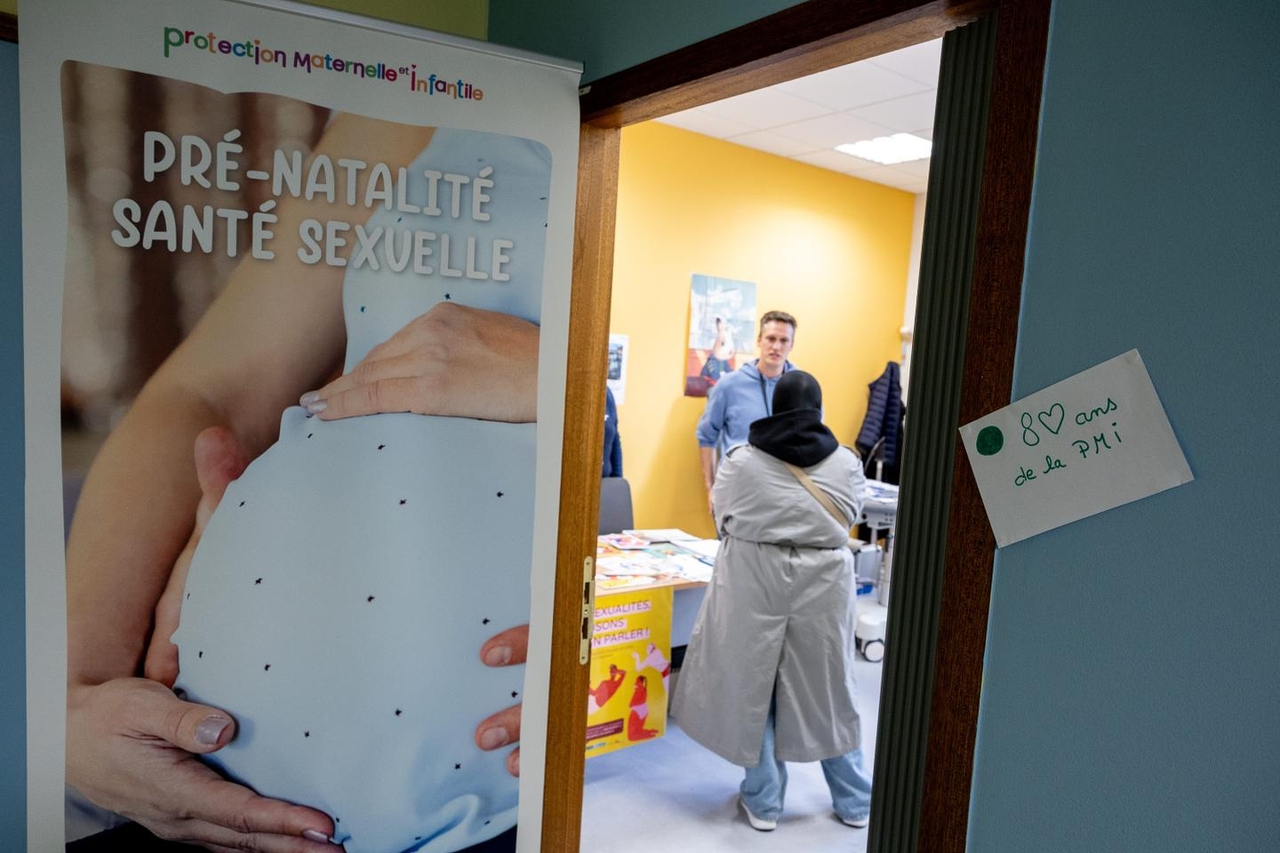Impacts on patient health due to the STM strike: "We saw several patients not showing up"

Reduced public transport hours caused by the Montreal Transit Corporation's maintenance workers' strike could have consequences for the health of the most vulnerable, warns a physician specializing in public health and preventive medicine.
• Also read: STM strike: a headache for medical appointments
• Also read: Chaos on public transit in Montreal: the Legault government has run out of patience
• Also read: STM strike and Dubé reform: the most vulnerable are being "held hostage"
"When appointments do not fit with public transport opening hours, we have seen several patients not show up," lamented Dr. Michelle Houde on LCN radio on Tuesday.
She is also present on social media under the pseudonym La MD Colorée , where she uses her platforms to explain medical concepts in simple terms and inform the public. On Monday, Dr. Houde posted a video denouncing the situation experienced by some of her patients since the start of the STM strike.
“I’ve had patients [...] who arrived several hours early, which meant they had to miss a larger part of their workday. For some people, travel is everything, the cost of living is calculated,” she said, adding that traveling by means other than public transport is not always a viable option for everyone.
Following her video, other doctors contacted her to share similar observations.
"I also received several comments from people who told me, well, we had fewer people showing up than usual, especially in pediatrics," she pointed out.
A health issue in access to public transportIn a society where people often have to travel outside their homes to earn a living and meet their needs, Ms. Houde believes that the ability to travel is closely linked to health, particularly in the current context of the STM strike.
"Transportation becomes very important, becomes linked to income and therefore to food, to the ability to work, to be involved in society," she explained.
According to Dr. Houde, guaranteeing access to public transportation for all is fundamental to combating social inequalities in health. While reaffirming her deep respect for the right to strike, she emphasized that access to mobility is also a matter of public health.
"I think that as a population, we can start to see public transportation as a key issue, and that decision-makers should do the same," she said.
She encourages the public to consider public transportation as a genuine investment, beneficial not only to society, but also to public health.
"Because allowing someone to go to work keeps the economy going. Allowing someone to go to their health appointment, to go grocery shopping, for example, allows them to meet their needs, which subsequently reduces the costs to society," she added.
To see the full interview, click on the video above.
LE Journal de Montreal




